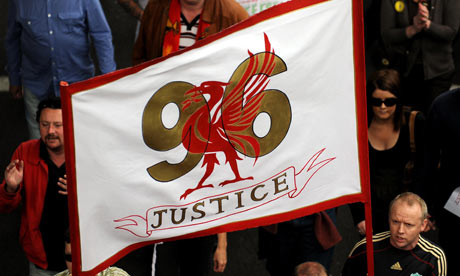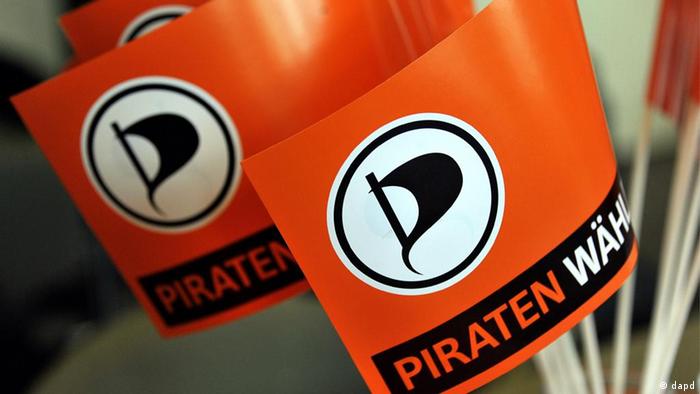 Twenty-three
years too late, the real truth is finally being told about the Hillsborough disaster
of April 15, 1989, which killed 96 football fans and injured hundreds more.
Twenty-three
years too late, the real truth is finally being told about the Hillsborough disaster
of April 15, 1989, which killed 96 football fans and injured hundreds more.
A
new 354-page report, released by the Hillsborough Independent Panel after
accessing over 400,000 pages of secret documents, has implicated the police,
media and British government in what has been described as “the biggest cover-up
of British legal history”.
Importantly,
it has also cleared Liverpool fans of the vile accusations that the media,
police and politicians have thrown at them for over two decades, and has opened
the way for justice to finally be won.
On
April 15, 1989, Sheffield’s Hillsborough football stadium played host to the FA
Cup semi-final between Liverpool FC and Nottingham Forest.
At
2:52pm, Chief superintendent David Duckenfield directed South Yorkshire police to herd thousands
of Liverpool fans into an already dangerously over-packed part of the stands on
the Lepping’s Lane end of the ground.
As
they surged forward, those being crushed at the front sought to have the gates
opened to the nearly-empty neighbouring stands, and tried to climb over the high
fences to safety.
The
police refused to open the gates or help fans. Instead they beat them with truncheons
back into the deadly crush.
As
the bodies of the injured and dying began to pile up on the field, police lined
up three rows deep to keep fans off the pitch, calling in dog-handlers, and assaulting
and arresting those trying to give first aid to the injured.







